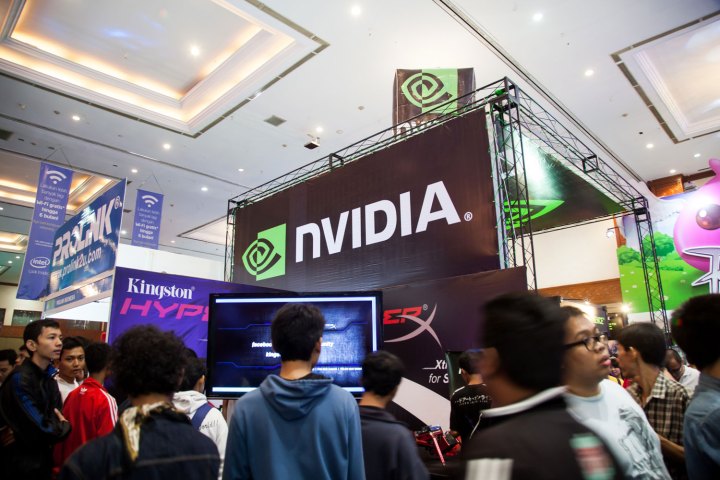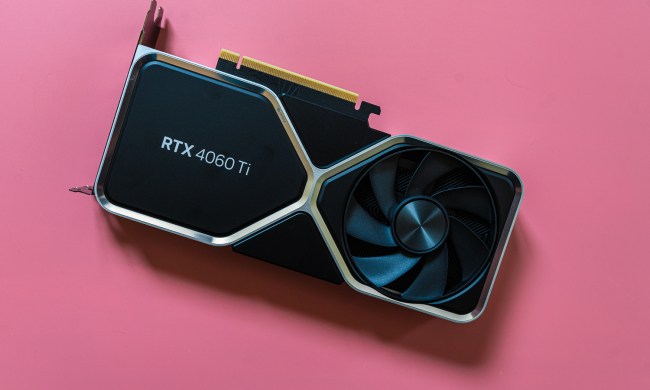
Instead, gamers on the go will be able to outfit their rigs with GeForce GTX 1070 and GTX 1080 GPUs that are almost indistinguishable from their desktop equivalents. The only changes being made are intended to accommodate differences between the form factor of a laptop and that of a PC tower.
The notebook versions of the GTX 1070 and the GTX 1080 will apparently feature a slightly lower TDP, but otherwise will be the same as the standard components, according to a report from Tech Spot. Their core configurations, memory controllers and boost clock speeds are all expected to be unchanged.
This move sees Nvidia employ a similar tactic to the strategy used in relation to the GeForce GTX 980. When the company released a version of that GPU for use in notebooks, it was essentially the same component as the one used in desktops, but with a TDP that was closer to 145W than 165W.
Now, it seems that the company is preparing to drop “M” variants completely and only offer these slightly amended versions of its desktop GPUs for use in notebooks.
This would no doubt please PC gamers with a taste for portable hardware, allowing them to further close the gap between desktop and notebook builds. Of course, it will also benefit Nvidia, as their manufacturing process could be simplified and streamlined as a result of the change.
Nvidia will likely unveil its Pascal GPUs for notebooks over the coming months, but there’s still no firm date on when we can expect the big reveal.



